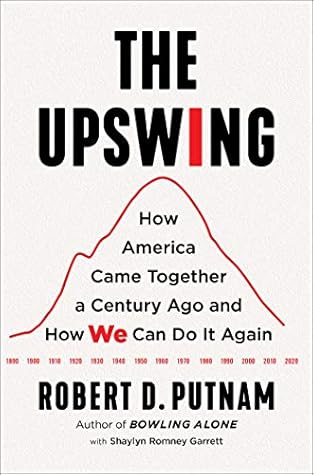the early 1960s George Romney was a titan of business, the chairman and CEO of American Motors, and he was compensated handsomely. In 1960, his top-paid year, he made just over $661,000 (roughly $5.5 million today). Nevertheless, he also frequently turned down bonuses and pay raises that he viewed as excessive. In 1960, for example, he refused a $100,000 bonus, and in a five-year period he turned down a total of $268,000 (roughly 20 percent of his total earnings during the period). He feared the effects that overcompensation could have on executives: Overly generous pay could lead to “the
...more
This highlight has been truncated due to consecutive passage length restrictions.


